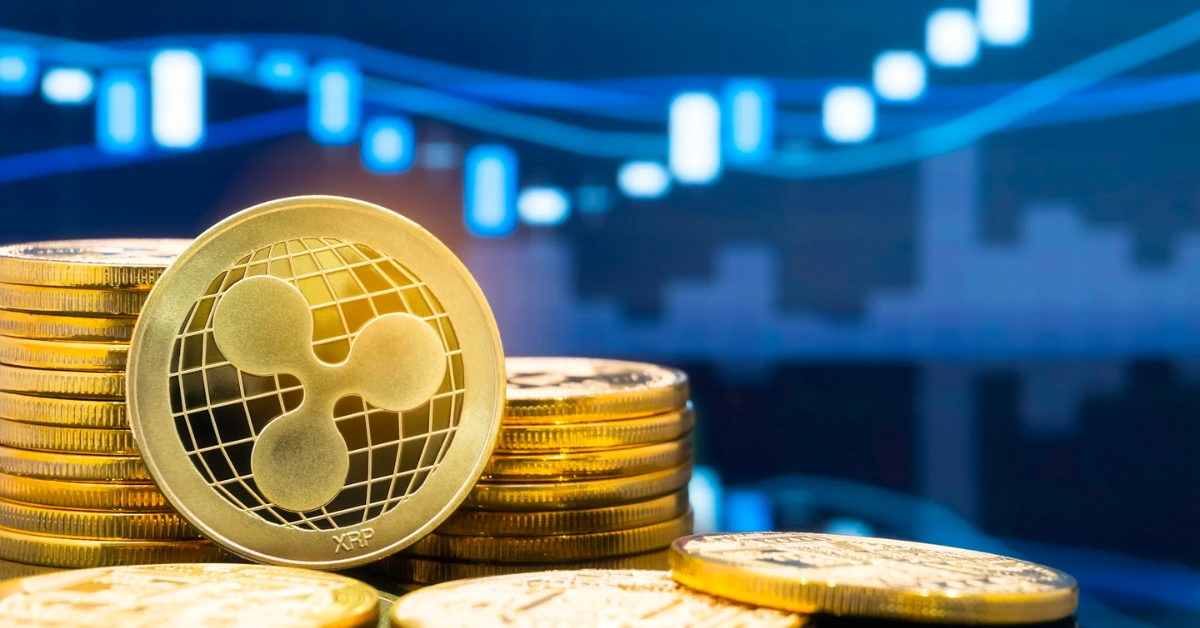The legal showdown between Ripple and the SEC is becoming increasingly interesting, with XRP advocate Bill Morgan stepping in as a key defender to uncover the complexities surrounding Ripple’s on-demand liquidity (ODL) trading. Meanwhile, he has argued that ODL) transactions are not the same as investment contracts.
Bill Morgan ODL Trading Information
in Recent Discussions Bill Morgan, an ardent supporter of XRP on the He clarified that ODL’s customers are not investors, but rather individuals who want to send money cost-effectively through XRP acquisitions.
Morgan aligned this view with Ripple’s position, highlighting the important difference between investment motivation and transaction utility. In particular, he challenged Judge Torres’ ruling on institutional sales, arguing that it was inapplicable to ODL transactions.
Morgan simplifies the narrative even further. highlight the differences It’s between buying XRP for practical reasons like sending and investing money. Meanwhile, he disagreed with the recent ruling on institutional sales and argued that it was not applicable to ODL transactions.
Legal Focus ODL Sales
Now, as legal attention expands over Ripple’s ODL sale, the SEC’s action to force Ripple to disclose financial details and contracts after complaints is gaining attention. The U.S. District Court for the Southern District of New York approved this investigation to closely examine Ripple’s financial affairs.
Magistrates Court Judge Sarah Netburn asked Ripple to share its financial records from 2022 to 2023. The court also agreed to the SEC’s request for details of the contracts following the complaint and information about the money made from those sales.
What are the next steps in Ripple’s defense?
As Ripple prepares for its next legal steps, Bill Morgan’s insights provide a glimpse into Ripple’s self-defense strategy. This legal drama will not only impact Ripple, but could also change the way all digital assets are handled in the future.
The results could set important rules for how digital assets are viewed and regulated not only in the U.S. but around the world.

